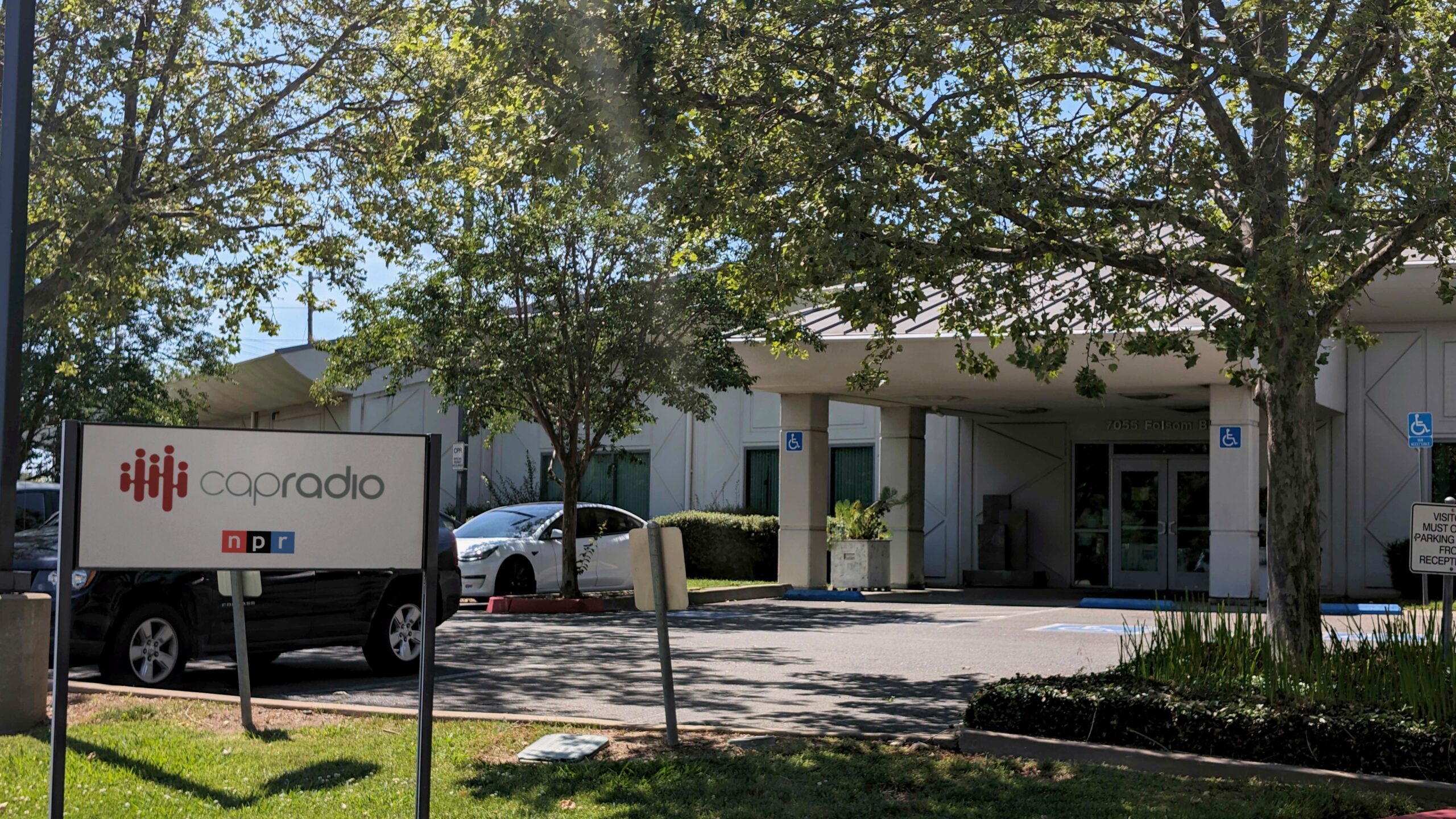Pubcasters press for relief on FCC rule requiring board data
Pubcasters are urging the FCC to reconsider a new rule that would require them to provide the commission with station board members’ personal information, citing concerns that the requirement could make it harder for them to recruit and keep board members.
Unless overturned, the new regulation, adopted by the FCC in January, will require public radio and TV station licensees to identify the race, ethnicity and gender of station board members and officers.
But the larger concern of many pubcasters is the new regulation’s requirement that they provide the FCC with either the names and full Social Security numbers or the names, addresses, dates of birth and the last four numbers of the Social Security numbers of each board member and officer.
Agency officials have said that they will use the Social Security information to create unique identifiers for station board members and officers, and that the identifiers — not the Social Security numbers or other personal details — are all that stations need to include in the ownership reports they file with the agency every two years.
The FCC has said it wants the new information to improve the accuracy of its data about how many women and people of color have ownership or other interests in broadcast stations.
Although FCC officials say they will protect the confidentiality of the personal information, pubcasters are concerned that board members will balk at providing the data. In formal petitions seeking reconsideration of the new rule filed with the FCC this week, pubcasters charged that the agency has failed to pay adequate heed to their concerns.
“The pubcasters believe that the governing board members of nonprofit and public entities will be highly resistant to providing the information the FCC seeks in part because they don’t believe the government has shown itself to be capable of safeguarding this information,” said Todd D. Gray, an attorney for Gray Miller Persh LLP, in an email.
Gray is representing a coalition of 64 public broadcast licensees — including Ohio State University and the Regents of the University of California — who challenged the FCC ruling in a petition filed Tuesday.
The new regulation is of particular concern to several kinds of licensees, said Lawrence Miller, an attorney with law firm Schwartz, Woods & Miller. Community licensees have large boards with regular turnover. At public universities, station oversight may be just a small part of a board member’s overall responsibility. And at public-authority licensees, board members serve by virtue of government positions or are appointed.
“Licensees don’t want to be responsible for collecting personal information that the FCC doesn’t really need to meet its stated ownership goals, which are related to commercial rather than public station ownership,” Miller said.
Miller represents another coalition of pubcasters — including Oregon Public Broadcasting, Twin Cities Public Television and New Hampshire Public Broadcasting — that has petitioned the FCC to reconsider the rule.
“By requiring volunteer board members of non-commercial radio stations to disclose their personal and private information, many may choose not to serve, and diversity — in all its many forms — will be diminished,” added American Public Media Group, parent of Minnesota Public Radio and Southern California Public Radio, in yet another petition for reconsideration.
A key argument made by these petitions is that the FCC’s decision to extend the reporting obligations from commercial to noncommercial broadcasters is legally deficient, said John Crigler, an attorney with the law firm Garvey Schubert Barer. The pubcasters argue that they aren’t subject to the same sort of ownership restrictions as commercial broadcasters, he said, which already give the FCC similar information about board members and officers.
“The FCC really didn’t have any fact basis for this,” Crigler said. “They just tossed the noncommercials into the same tub as the commercial guys.”
Unless the new rule is blocked or modified to exclude pubcasters, the first station ownership reports from public broadcasters that must include the new information will be due at the FCC Dec. 1, 2017, with updates required every two years thereafter.
FCC officials had no comment on the petitions.
If the FCC declines to exempt pubcasters from the new requirement, pubcasters can try to persuade the federal courts to block or overturn the new rule.
“We are hopeful the FCC will do the right thing here and that an appeal to the courts will not be necessary,” said Gray. “That said, we believe that the FCC’s decision here is highly vulnerable. Beyond that I can’t comment at this point.”
Related stories from Current:





